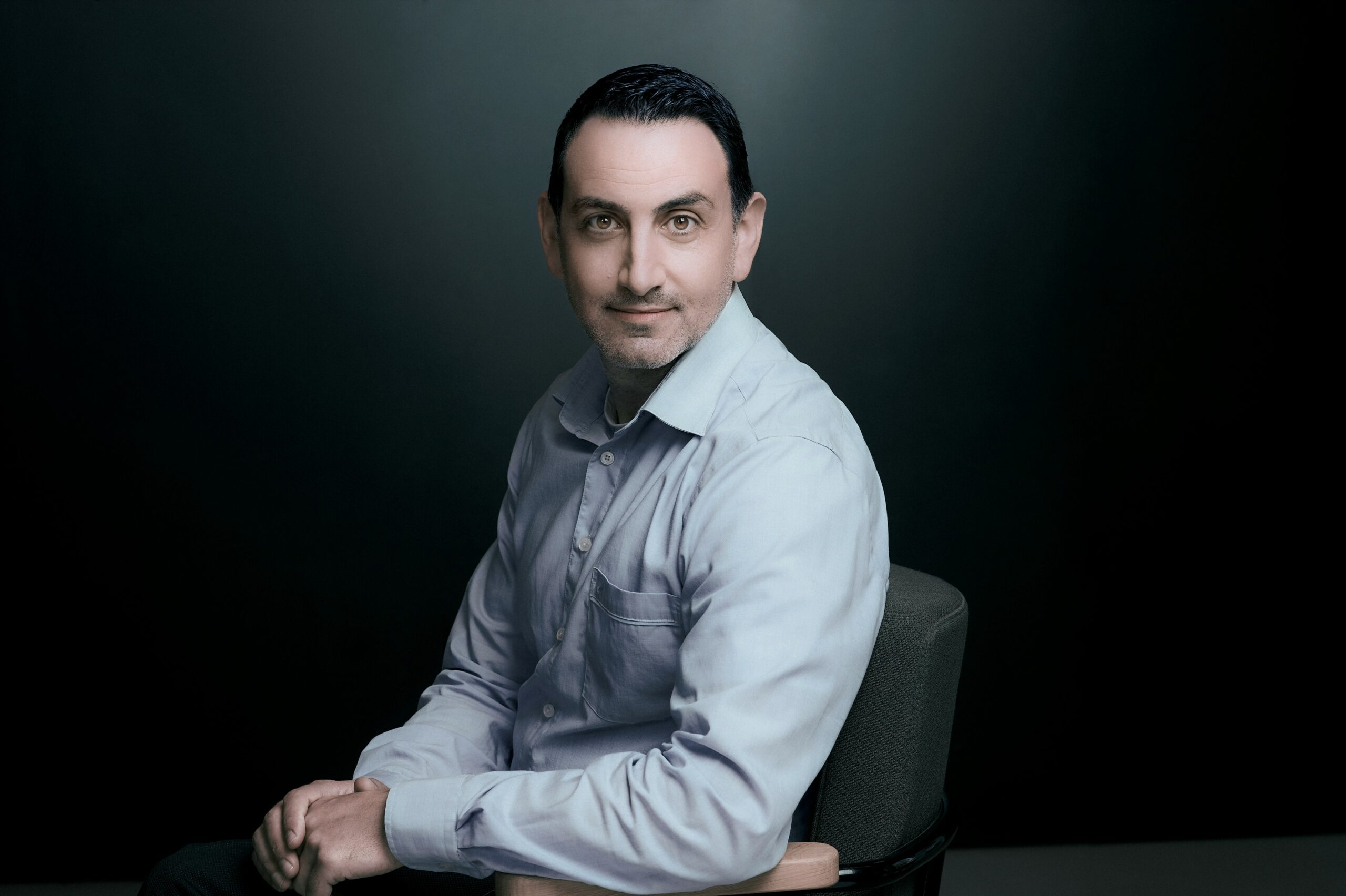Israeli, Emirati tech experts weigh in on the opportunities presented by the Abraham Accords
Innovation Diplomacy
Where does Israel’s thriving startup ecosystem meet the UAE’s tech scene following the Abraham Accords? During the recent UAE-Israel Business Leaders’ Summit, Uri Gabai, Co-General Manager at Start-Up Nation Central, joined in conversation on what the Israeli-Emirati startup collaboration could look like, and how entrepreneurs, investors and governments can best realize those opportunities.
Gabai and panelists Netalie Nadivi, Partner at Israel-based venture capital firm Triventures, and Hanan Harhara Al Yafei, CEO of UAE-based global tech ecosystem Hub71, largely agreed that Emirati entrepreneurs and regulators have much to learn from Israel’s experience in nurturing an active and increasingly profitable startup-based economy, and that Israel stands to learn from the UAE’s development of government-level programs aimed at driving key areas of multi-sectoral innovation, such as artificial intelligence (AI).

The UAE has begun to transition away from oil and gas as key drivers of its economic success, and is actively investing in the development of a knowledge-based economy, which in many ways will be driven by government incentives to encourage the development of startups.
Solving mutual challenges through technology
During the panel discussion, moderated by Emma Brain of Gulf News, Al Yafei said: “There could be a huge opportunity for Israeli startups to tap into the growing UAE market, but also for local startups to tap into the very mature, advanced and sophisticated technological ecosystem in Israel.”

As the UAE works to position itself as a “thriving ecosystem for startups in the region,” as she put it, the government is investing heavily in digitalization of processes at scale, which also creates ample opportunities for Israeli startups to engage Emirati venture capital to support and proliferate their solutions.
How can this best be achieved? According to Nadivi, a seasoned venture capitalist, “bilateral programs from both governments to encourage younger companies to work together create a huge opportunity.” Gabai said the majority of collaborative efforts among startups, venture capitalists and governments are likely to be aimed at “solving mutual challenges, linking them, bridging them with technology and innovation to create relationships based on trust.”
The intersection of healthcare, FinTech & cybersecurity presents a lucrative opportunity
Israel and the UAE share a number of basic similarities, such as population size and desert climate, which could produce powerful solutions for regional and even global problems. At the regional level, panelists supported that both countries should collaborate on developing smart water technologies and AgriFood-tech solutions, where Israel has decades of experience and an elaborate government-supported research and development frameworks.
At the global level, COVID-19 has seemingly put all nations on an even playing field in terms of shared challenges, leading to the rapid development of digital health and remote education solutions that could be developed using both countries’ experience and pool of resources.

Nadivi mentioned telehealth remote care services, emotional wellbeing and mindfulness solutions, and the intersection of healthcare with FinTech and cybersecurity as attractive areas for bipartisan investment. Al Yafei concurred with this sentiment, stating that “COVID-19 did to digital transformation what no CTO has been able to do at their organization, so with the massive digitalization at the government level, the opportunities for startups in these sectors are really endless.”
Another area where Israel and the UAE could leverage their experience to generate powerful global solutions is AI. Gabai expressed his belief that Israel has much to learn from the UAE’s government-supported AI programs. Based on recent searches on the Start-Up Nation Finder, SNC’s innovation discovery platform, it looks like Emirati investors and entrepreneurs are interested in learning more about Israeli cybersecurity and FinTech solutions, which are two of the country’s deep tech strengths.
“Build multiple layers of trust”
Panel participants are optimistic regarding the Abraham Accords, but they also warned that there are a few key economic and cultural differences that both parties should try to bridge. “The Israeli ecosystem is mature, whereas the parallel ecosystem in the UAE is relatively young. There needs to be awareness and understanding that we are at different stages, with special attention paid by Israel to early-stage investments and startups in the UAE,” Nadivi said.
The other aspect panelists emphasized was the need to build trust. As countries that have been politically and culturally isolated, there is a “need to really commit and build multiple layers of trust, with early success stories breaking down mental barriers that will accelerate continued partnerships,” Al Yafei said.
Gabai mentioned the launch of SNC’s UAE-IL Tech Zone community, which is aimed at fostering a relationship between the two nations through transparent and objective information exchange by both ecosystems. Regarding the cultural barriers, Gabai noted: “I live in Jaffa, a mixed neighborhood, and I have a kid in kindergarten; his two best friends are Matan, a very Jewish name, and Mohammad; there’s no difference for young kids, they don’t understand the barriers, and I just envy them sometimes.”
 Tech Ecosystem
Tech Ecosystem Human Capital
Human Capital Focus Sector
Focus Sector Business Opportunities
Business Opportunities Investment in Israel
Investment in Israel Innovation Diplomacy
Innovation Diplomacy Leadership Circle
Leadership Circle Our Story
Our Story Management Team
Management Team Careers
Careers